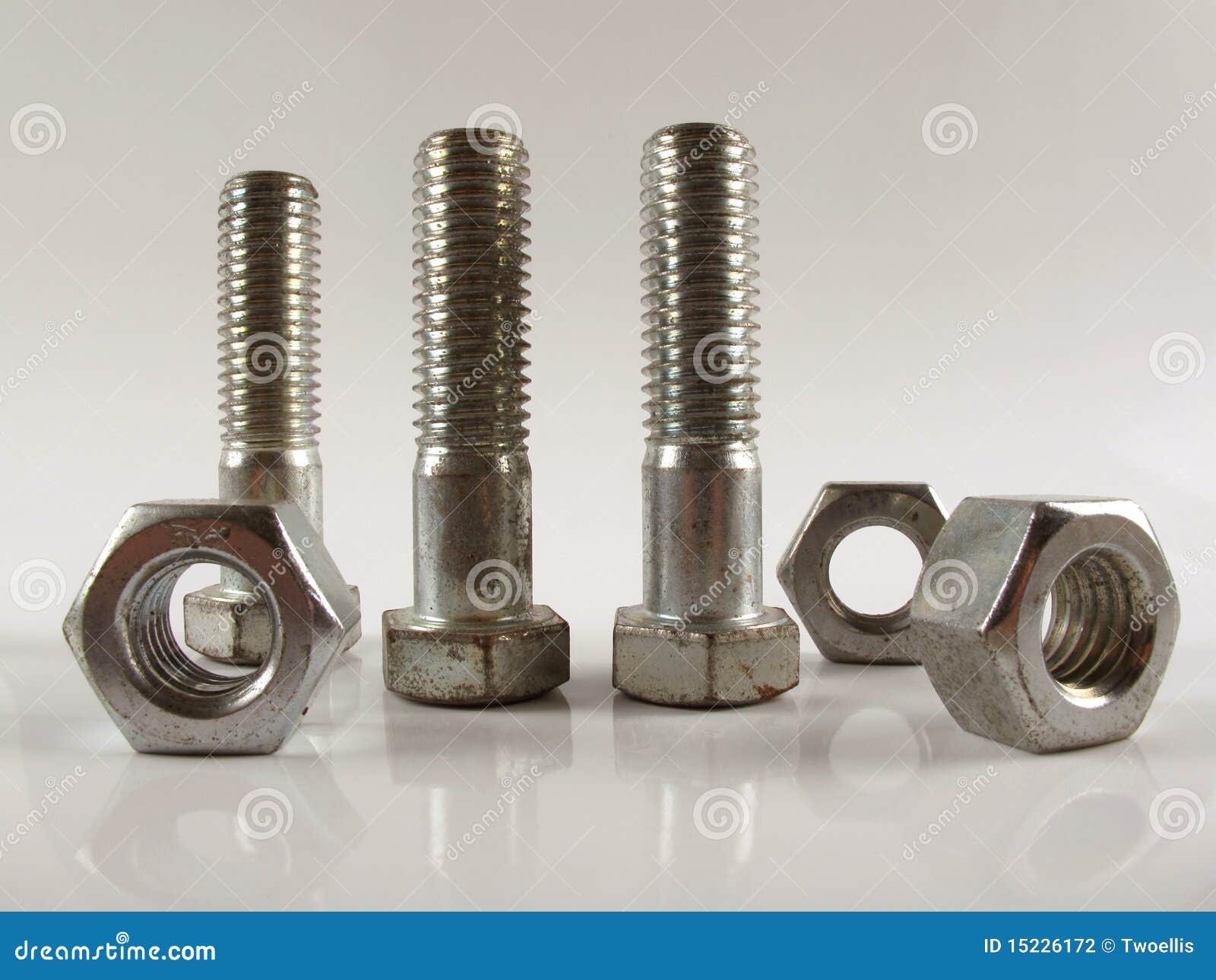In the realm of construction, vehicle repairs, and innumerable DIY projects, nuts and screws play an indispensable role, yet they often go unrecognized. These simple fasteners are the unheralded heroes that hold together the very structures and items we rely on daily. Without them, our furniture would collapse, our cars would break down, and our houses would lack the security we often take for granted. Understanding the different kinds of nuts and bolts, their specific uses, and how to select the appropriate fastener for any project is essential for anyone who seeks to construct or repair.
The following comprehensive guide is intended to explore the expansive world of nuts and bolts, from the fundamentals to the advanced distinctions. We will examine in detail the various types of fasteners available, including common and specialty options, their specific uses, and the materials used to make them. Regardless of whether you are a seasoned professional or a weekend DIY enthusiast, this guide will assist you to make informed choices, guaranteeing your projects are built to last. By the end, you will not only recognize the importance of these small yet mighty components but also feel confident in selecting the appropriate fastener for your needs.
Categories of Fasteners and Bolts
Nuts and bolts are basic fasteners commonly used across multiple fields, each serving specific functions tailored to particular applications. click here to investigate of bolts include hexagon bolts, carriage screws, and lag bolts. Hex bolts have a hexagonal head and are typically used in mechanical constructions due to their elevated strength and versatility. Carriage bolts, characterized by their circular tops and four-cornered bases, are ideal for fastening timber, providing a smooth finish on one side while ensuring a secure grip on the other. Lag bolts, on the contrary, are sturdy fasteners designed for similar materials, making them crucial for construction and carpentry tasks.
In addition to fasteners, nuts play a critical role in ensuring the integrity of joints. Standard nuts, locking nuts, and flange nuts are regularly used in multiple scenarios. Regular nuts fit onto bolts to hold them in position, while locking nuts incorporate designs that avoid loosening due to vibration. Flange nuts include a pre-installed washer that balances load and enhances grip, making them ideal for applications where a tight connection is essential. Knowing these various types of fasteners and their roles is important for selecting the right fasteners for any project.
In summary, the selection of fasteners and bolts depends on considerations such as the substances being connected, the necessary strength of the bond, and the factors they will encounter. Regardless for major building projects or minor repairs, the correct selection of nuts and bolts can greatly impact the effectiveness and durability of a project. Familiarizing oneself with the numerous types of fasteners available, along with their unique attributes, empowers hobbyists and contractors alike to arrive at informed choices in their joining tasks.
Materials and Finishes
When it comes to nuts and hardware, the substance used plays a crucial role in determining their strength, longevity, and fitness for particular applications. Iron is the most prevalent substance due to its high tensile stability and affordability. Variations like corrosion-resistant steel offer added corrosion resistance, making them suitable for outdoor and marine environments. Moreover, other substances such as brass and titanium are often chosen for their unique properties, including lightweight choices and resistance to specific chemicals.
Coatings on nuts and bolts are just as important when it comes to performance and longevity. Galvanization is commonly used to provide a degree of rust resistance, but this method isn't as robust as galvanization, which involves a enhanced layer of metal to better withstand severe environments. Bolts and Nuts , like epoxy or polymeric finish, can offer extra protection and aesthetic appeal, with options tailored for unique conditions or aesthetic requirements.
Understanding the appropriate materials and coatings for your hardware is crucial for ensuring longevity and dependability in your projects. When selecting fasteners and hardware, consider not just their strength and weight-bearing capabilities but also the surroundings in which they will be used. This knowledge will help you choose the optimal options to suit your requirements and enhance the overall performance of your construction.

Specialty Fasteners
When dealing with unique projects, specialty fasteners often become key tools in guaranteeing longevity and effectiveness. From anti-theft fasteners to anchor bolts, these specific components cater to specific requirements that regular nuts and bolts may not address. For example, tamper-proof nuts and bolts are designed for applications where theft or unauthorized removal could pose a danger, making them suitable for shared installations and equipment that must be protected.
Another key category features nylon lock nuts, which contain a nylon insert that provides resistance against the bolt threads to avoid failure. These fasteners are particularly beneficial in settings subjected to oscillations, such as automotive applications or machinery installations, where maintaining tight connections is vital. Their special design helps increase the longevity of assemblies by reducing the chance of fastener failure due to vibration-related loosening.
Finally, anchor bolts serve a critical role in construction and foundation work. These fasteners fasten structures to concrete, providing strength and strength in various uses, from buildings to bridges. Understanding when to use stretch bolts versus other types of anchors can significantly boost construction outcomes, making sure that projects are both secure and conforming with building regulations. Investigating these specialty fasteners arms DIY enthusiasts and professionals alike with the understanding necessary for effective and reliable applications.
